Resin 3D printing, also known as Stereolithography (SLA), has been gaining popularity in recent years due to its ability to produce highly detailed and intricate prints. Compared to traditional filament-based 3D printing, resin printing offers superior accuracy and surface finish, making it a preferred choice for professionals and enthusiasts alike. In this article, we will explore the top resin 3D printers on the market, their key features, and the benefits they bring to various industries. Whether you are a designer, engineer, or hobbyist, this guide will help you make an informed decision when choosing the right resin 3D printer for your needs.
What are resin 3D printers?
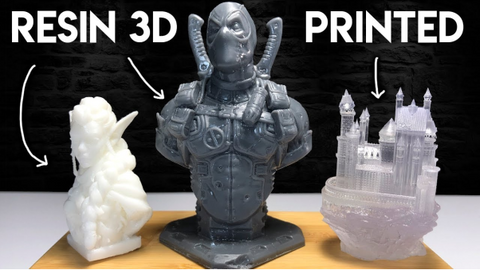
Resin 3D printers are a type of 3D printer that use a liquid resin material, typically a photopolymer, to create objects layer by layer. Unlike filament-based printers that melt and extrude plastic filament, resin printers use a process called stereolithography (SLA) or digital light processing (DLP) to cure the liquid resin with a high-powered light source.
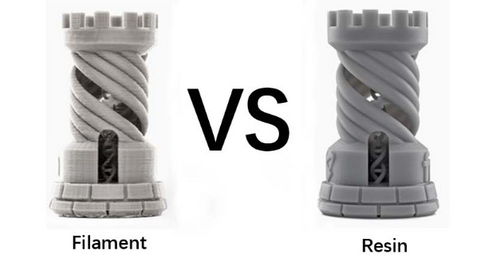
The key advantage of resin 3D printing is its ability to create highly detailed and precise prints. The liquid resin allows for intricate shapes and fine details that are difficult to achieve with filament-based printers. This makes resin 3D printing ideal for applications in industries such as jewellery, dentistry, engineering, and prototyping.
In addition to their superior accuracy, resin 3D printers also offer a smooth surface finish and the ability to produce complex geometries without the need for support structures. This saves time and materials, making resin 3D printing a more cost-effective option for producing high-quality prototypes and end-use parts.
Benefits of using resin 3D printers
Resin 3D printers offer a multitude of benefits that make them an attractive choice for professionals and hobbyists alike. One of the key advantages is the ability to produce highly detailed prints with intricate shapes and fine details. The liquid resin material allows for precise layering, resulting in superior accuracy compared to filament-based printers.

Another notable benefit is the smooth surface finish that resin printers provide. Furthermore, resin 3D printers are versatile and can be used for a variety of applications including prototyping, engineering, and manufacturing end-use parts. With their ability to create high-quality, functional objects, resin 3D printers have revolutionized the way products are developed and produced.
Factors to consider when choosing a resin 3D printer
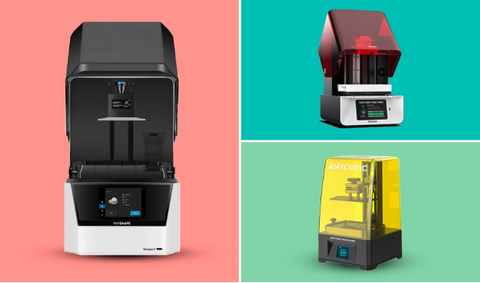
When selecting a resin 3D printer, there are several important factors to keep in mind. First and foremost, consider the build volume of the printer. This refers to the maximum size of the objects that can be printed. If you plan on creating larger prototypes or functional parts, you'll need a printer with a larger build volume.
Another crucial consideration is the accuracy and resolution of the printer. Look for a printer that offers high-resolution capabilities, allowing to produce intricate and detailed prints. Additionally, pay attention to the speed of the printer. Faster print speeds can significantly reduce production time, particularly for larger projects.
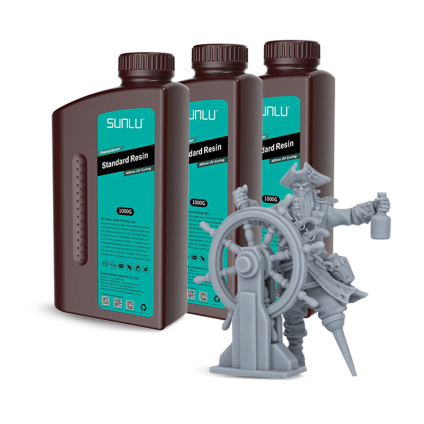
Next, evaluate the compatibility and availability of materials for the printer. Ensure that the printer supports the type of resin you intend to use and that a wide range of materials is readily available. This will give you more flexibility in terms of the types of projects you can undertake.
Lastly, consider the user interface and software compatibility. A user-friendly interface and intuitive software can greatly enhance your printing experience. Look for printers that offer easy-to-use touchscreen interfaces and compatibility with popular 3D printing software.
By considering these factors, you'll be better equipped to select a resin 3D printer that meets your specific needs and requirements.
Top options for resin 3D printers in the market
In this section, we will explore some of the top options available for resin 3D printers in today's market. These printers have received high praise for their performance and capabilities.
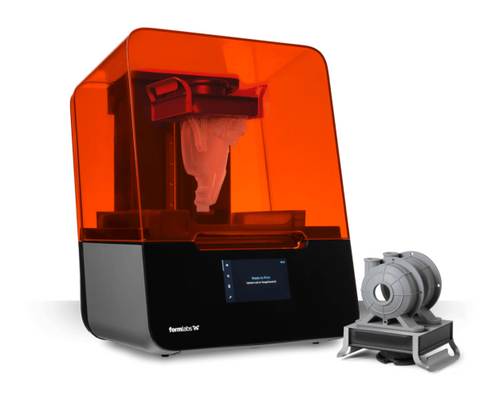
-
Formlabs Form 3: This printer offers a large build volume, allowing to produce bigger prototypes. With its high-resolution capabilities, it produces highly-detailed prints. The Form 3 also operates at a faster speed, reducing production time. It is compatible with a wide range of materials and offers a user-friendly interface and software compatibility.
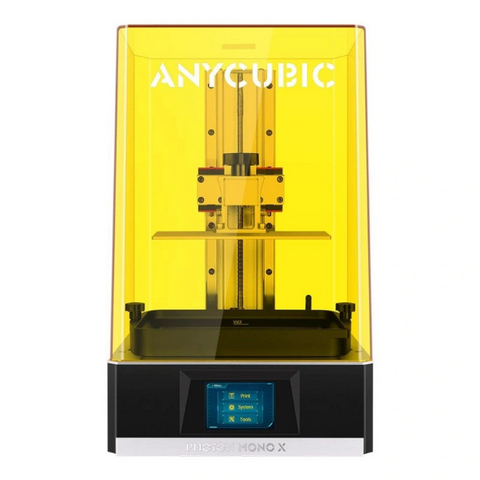
- Anycubic Photon Mono X: With its generous build volume and high-resolution printing, this printer is ideal for larger projects requiring intricate details. Its fast printing speed ensures efficient production. The Photon Mono X supports a variety of resins and features a user-friendly touchscreen interface.
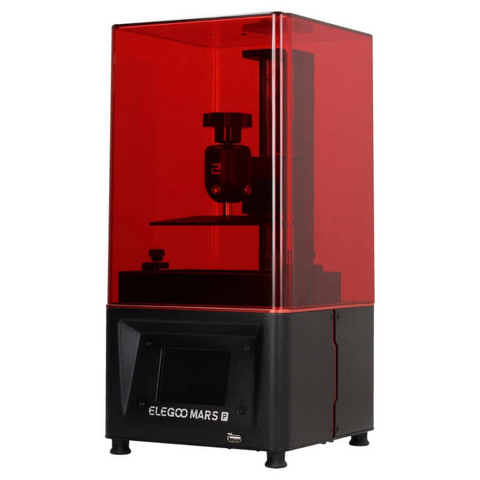
- Elegoo Mars 3 Pro: This printer offers a decent build volume and high-resolution printing. It operates at a reasonable speed, making it suitable for various projects. The Elegoo Mars 3 Pro is compatible with a range of resins and features an intuitive user interface.
Conclusion
In conclusion, researching and understanding the professional and user reviews of resin 3D printers is essential before making a purchase decision. By gaining insights into the performance, reliability, and overall quality of these printers, you can ensure that you invest in a machine that meets your specific requirements.
FAQS
- What are resin 3D printers?
Resin 3D printers are a type of 3D printer that use a liquid resin material, typically a photopolymer, to create objects layer by layer. They use a process called stereolithography (SLA) or digital light processing (DLP) to cure the liquid resin with a high-powered light source.
- What are the benefits of using resin 3D printers?
Resin 3D printers offer the ability to produce highly detailed prints with intricate shapes and fine details. They provide a smooth surface finish and can be used for a variety of applications including prototyping, engineering, and manufacturing end-use parts.
- What factors should be considered when choosing a resin 3D printer?
When selecting a resin 3D printer, consider the build volume, accuracy and resolution, speed of the printer, compatibility and availability of materials, and the user interface and software compatibility.
- What are some top options for resin 3D printers in the market?
Some of the top options available for resin 3D printers in today’s market include the Formlabs Form 3, Anycubic Photon Mono X, and Elegoo Mars Pro. These printers are praised for their performance and capabilities.
